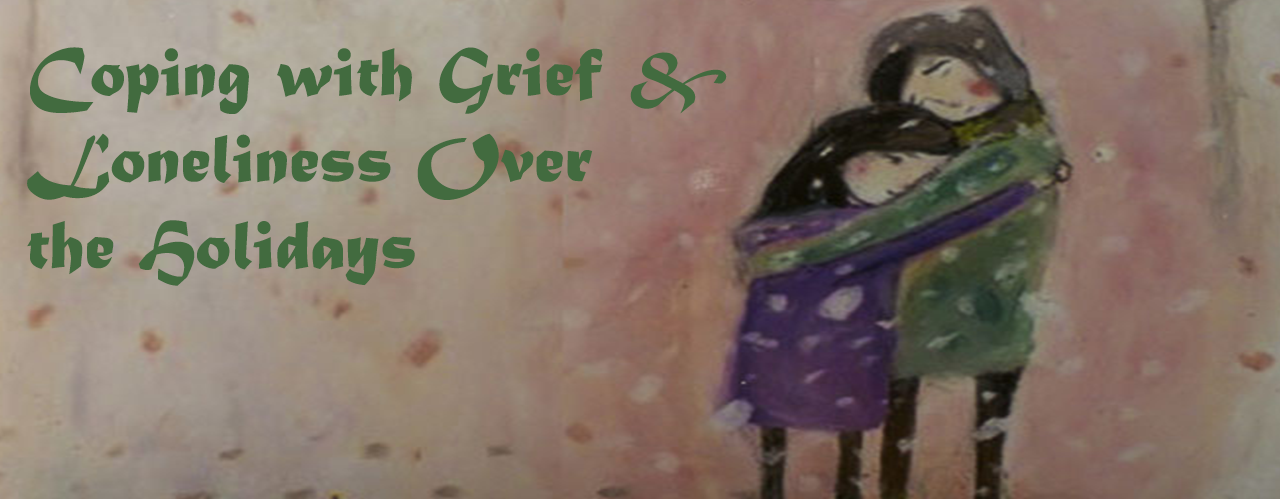Bethany Hanke Hoang and Kristen Deede Johnson | Holding God's goodness and the world's pain in tension (image by Bret of caterwauler.org)
A million girls and boys trafficked for sex each year.
Millions of widows facing violence and destitution at the hands of their own family and neighbors.
Tens of millions of slaves locked in crushing labor.
Hundreds of millions of girls raped.
How do we hold in tension the truth of God’s goodness and love for justice with the reality of pandemic suffering? There are countless stories of people all over our world—people created by God for a life of wholeness and flourishing but who instead undergo a living nightmare of injustice. How do we open our eyes and see the dire needs of our neighbors while holding fast to hope in a God who rescues, heals, and restores?
Derailment in the face of suffering is far too often the norm rather than the exception. Even those of us launching forth with the deepest passion for justice and conviction of God’s goodness can lose heart and fail to persevere over the long haul. Everyone is vulnerable to derailment; injustice can breed disillusionment and doubt. Suffering can drive cynicism or, even worse, despair.
But God invites us to come to him—not in spite of doubt and derailment but in the midst of it. Woven throughout Scripture is an unguarded type of prayer known as lament. To lament is to ask “Why?” and “Why not?” as well as “What are you doing God?” and “Where are you?” To lament is to pour out our hearts, holding nothing back. It is to pray without trying to be more full of faith than we actually are. Lament is prayer that honors the honesty of pain and anger while also honoring the truth that God is the one who reigns and whose hesed love never fails. Lament holds in tension all the suffering that seems to make no sense with a determination to believe that God is just. Lament draws us near to God when we are tempted to turn away. Lament enables us to keep moving forward with perseverance in the justice calling; it is a way to remain deeply connected to the God who loves us and loves justice even when injustice makes us ask the hardest questions of God.
The Heart of Lament
Lament is a gift. In the midst of everything going wrong around us—whether in the world at large or in the lives of people whose names and faces we know and hold dear—lament is a gift given to help us hold fast to God. God invites lament because he knows our temptation to turn away rather than toward him in the heat of hardship. Some of us turn away by not talking to God when we experience pain in our lives or see the suffering and evil of oppression at work in the world. Others turn away by pretending they can simply press on with their lives and shelter themselves from the pain they feel or see, seeking to avoid the tension of wrestling with a good God who reigns over a world that is festering in grief. Lament is only the beginning of our journey toward God in hope, but it is a beginning that we can hardly plumb too deeply. Even as we station ourselves to wait upon the Lord and determine to rejoice in the midst of trembling, in the face of injustice we need to return again and again to lament.
The more we probe Scripture to see how prophets and leaders and ordinary people lamented their circumstances, the more it becomes clear that God invites our questions and pleadings rather than our despair and silence. God can handle the questions we bring; no question is too shocking or big for God. In the midst of the enslavement of God’s people, Moses shows us faith that laments: “Why, Lord? Why have you brought trouble on this people? Is this why you sent me?” He even goes so far as to accuse God of not doing what God has promised, crying, “You have not rescued your people at all” (Exodus 5:22–23).
The psalmists accuse God of not being present in the midst of suffering: “Why, LORD, do you stand far off?” (Psalm 10:1). They show impatience with God’s timing, frustration at having to wait, and the pain of feeling forgotten: “My soul is in deep anguish. How long LORD, how long?” (Psalm 6:3).
They admit that the ultimate victory of the Lord is not always clear, that defeat often feels much more near: “How long will my enemy triumph over me?” (Psalm 13:2). They argue that suffering and injustice make God look like a fool and ask why God does not show the world the truth of his power: “How long will the enemy mock you, God? . . . Why do you hold back your hand?” (Psalm 74:10–11).
The Prayers of Lament
The books of Job and Lamentations echo harrowing questions directly accusing God of being the one who not only allows but also intentionally inflicts vicious suffering.
The prayers of lament in Scripture give us the gift of anguished language when we cannot find words of our own. And we need to speak; we need to speak aloud to one another during those times when we feel we are continuing to talk to God—we’re clinging and crying out to him, moving toward him, praying, worshiping, seeking him—and yet we don’t experience any response on his part. It can seem that not only is God turning a deaf ear, but he is no longer even present.
When we are brutally honest with God in the midst of true lament, we may find that “rock bottom” does not seem to exist; there can appear to be no end or limit to the grief, no enduring relief for the pain. We need to know that we are not alone in this sense of fathomlessness.
Jesus shows us what prayers of grief look like when the bottom has fallen out. Quoting Psalm 22:1, Jesus utters the ultimate protest of lament. Hanging on the cross in the fullness of his humanity and deity Jesus cries, “My God, my God, why have you forsaken me?” (Matthew 27:46, emphasis added). Like Jesus, we can and should turn to the desperate cries of the psalms and the prophets as we grapple for words in our lament.
Cry out to God. Even when you don’t see his footprints amid the mighty waters, stand firm. Remember who God is even when you cannot see the truth of who he is in your midst. Rejoice that he is the God who fulfills all that he has promised, the God who saves, the God whose love for us and all of his creation is everlasting, never-failing. All glory will be revealed (Isaiah 40:5; Romans 8:18). Darkness will never be the final word.
Bethany Hanke Hoang is a Founding Director and Special Advisor for the International Justice Mission's Institute for Biblical Justice. You can follow Bethany on Twitter at @Bethanyhoang.






